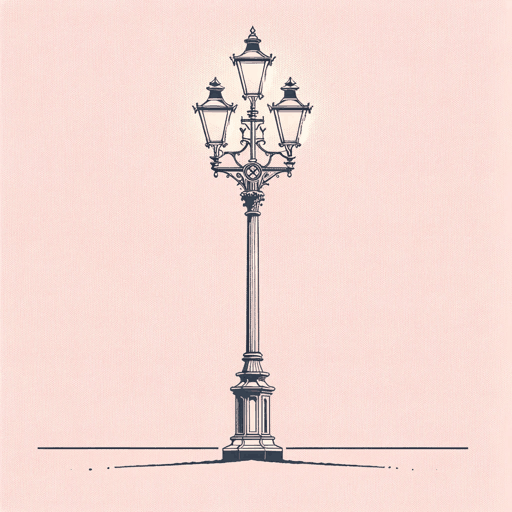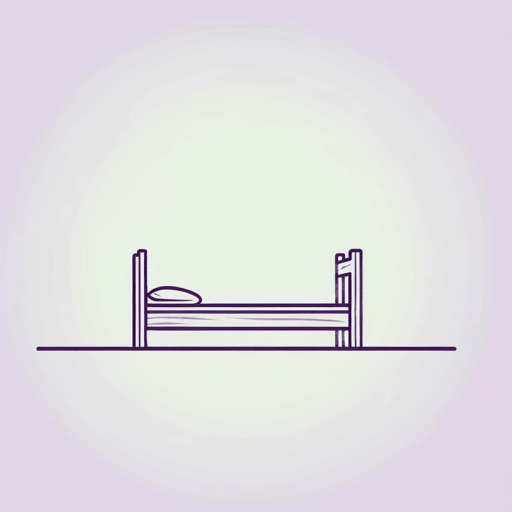54 pages • 1 hour read
Matthew ArnoldCulture and Anarchy: An Essay in Political and Social Criticism
Nonfiction | Book | Adult | Published in 1869A modern alternative to SparkNotes and CliffsNotes, SuperSummary offers high-quality Study Guides with detailed chapter summaries and analysis of major themes, characters, and more.
Chapter 3Chapter Summaries & Analyses
Chapter 3 Summary
In Chapter 3, Arnold elaborates his three-part division of the English class system. He claims that each of the three main classes—the aristocracy, the middle class, and the working class—have some characteristic habits and defects, to which most members of each class are prone. Arnold believes that English society is undergoing rapid changes, with the middle class achieving great economic success and political influence and the working class becoming more numerous and rebellious in their demands. Arnold assigns a special category to each of these classes: He divides them into “Philistines,” “Barbarians,” and the “Populace”.
Arnold calls the middle class the “Philistines.” Arnold depicts the English middle class as obsessed primarily with economic success and materialism. Due to their pragmatic and unimaginative natures, the Philistines are unable to appreciate and nurture true culture. Arnold writes that the middle class “not only do not pursue sweetness and light, but [. . .] prefer to them that sort of machinery of business, chapels, [and] tea meetings [. . .] which make up [their] dismal and illiberal life” (265). The middle-class lifestyle is “dismal and illiberal” in spite of its creature comforts because industrialism has left them more preoccupied with money and social respectability than beauty and reason.
Related Titles
By Matthew Arnold
Featured Collections
Books About Art
View Collection
Class
View Collection
Class
View Collection
Order & Chaos
View Collection
Philosophy, Logic, & Ethics
View Collection
Politics & Government
View Collection
The Best of "Best Book" Lists
View Collection
Victorian Literature
View Collection
Victorian Literature / Period
View Collection




